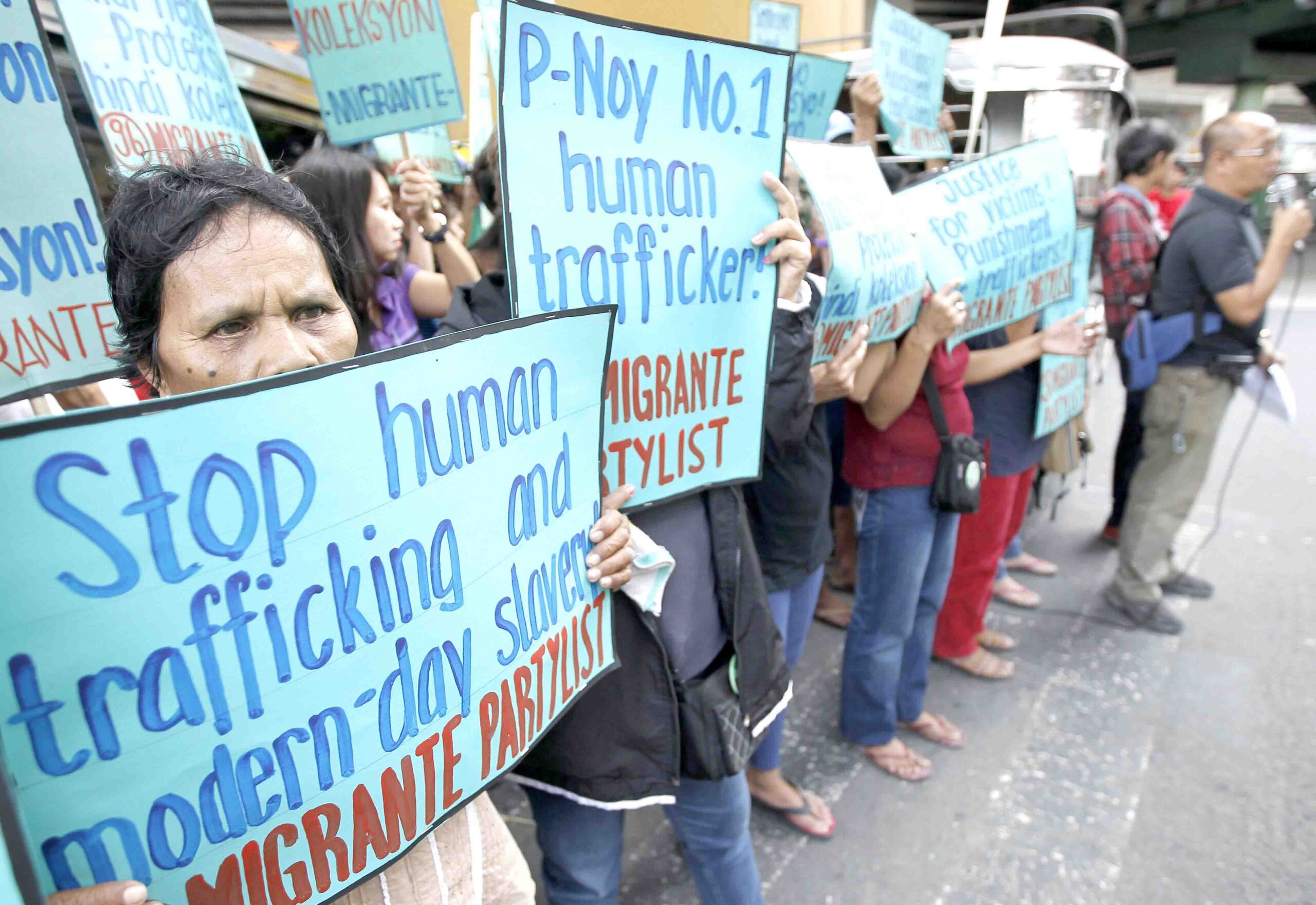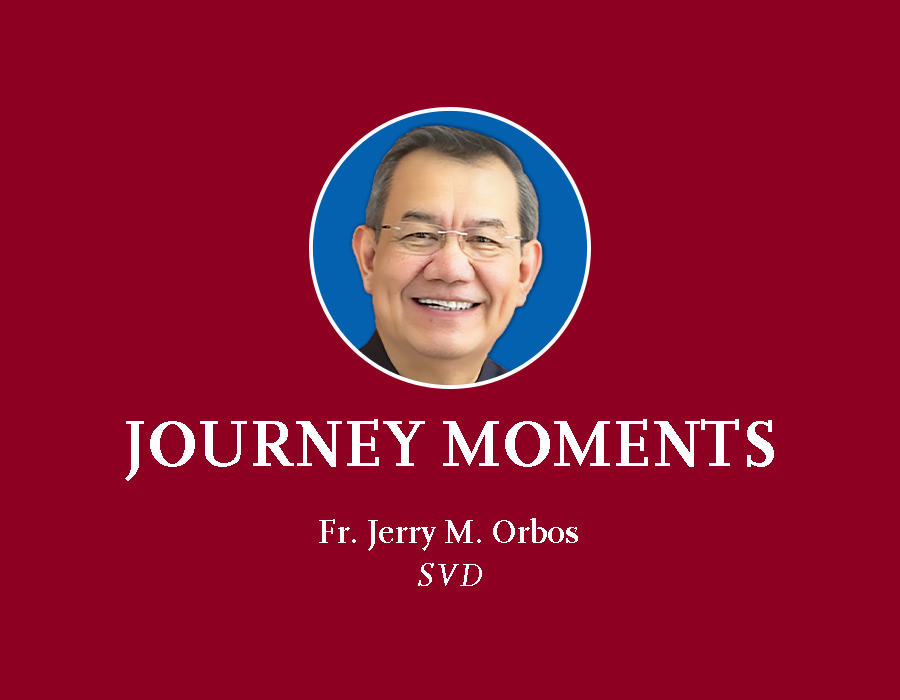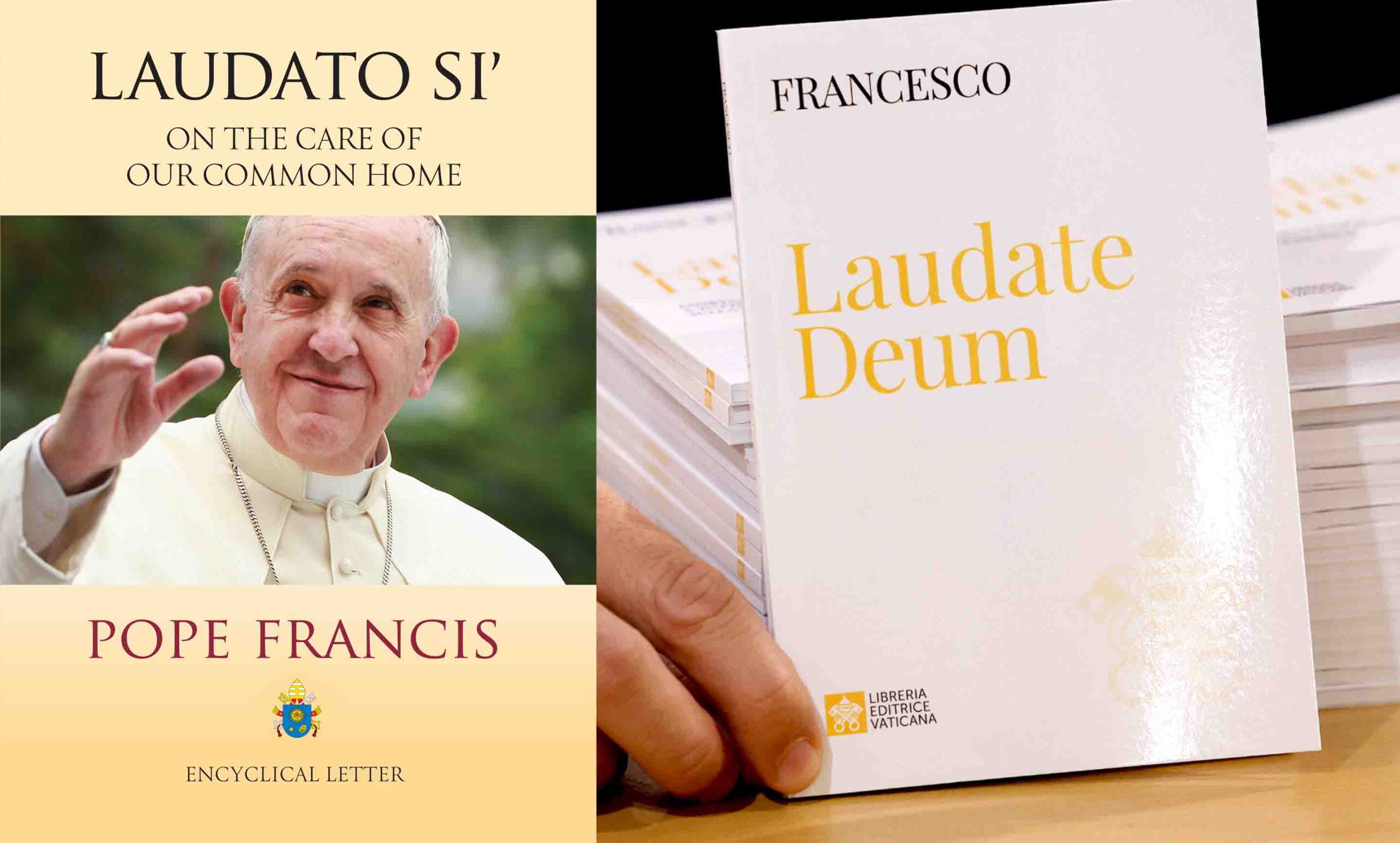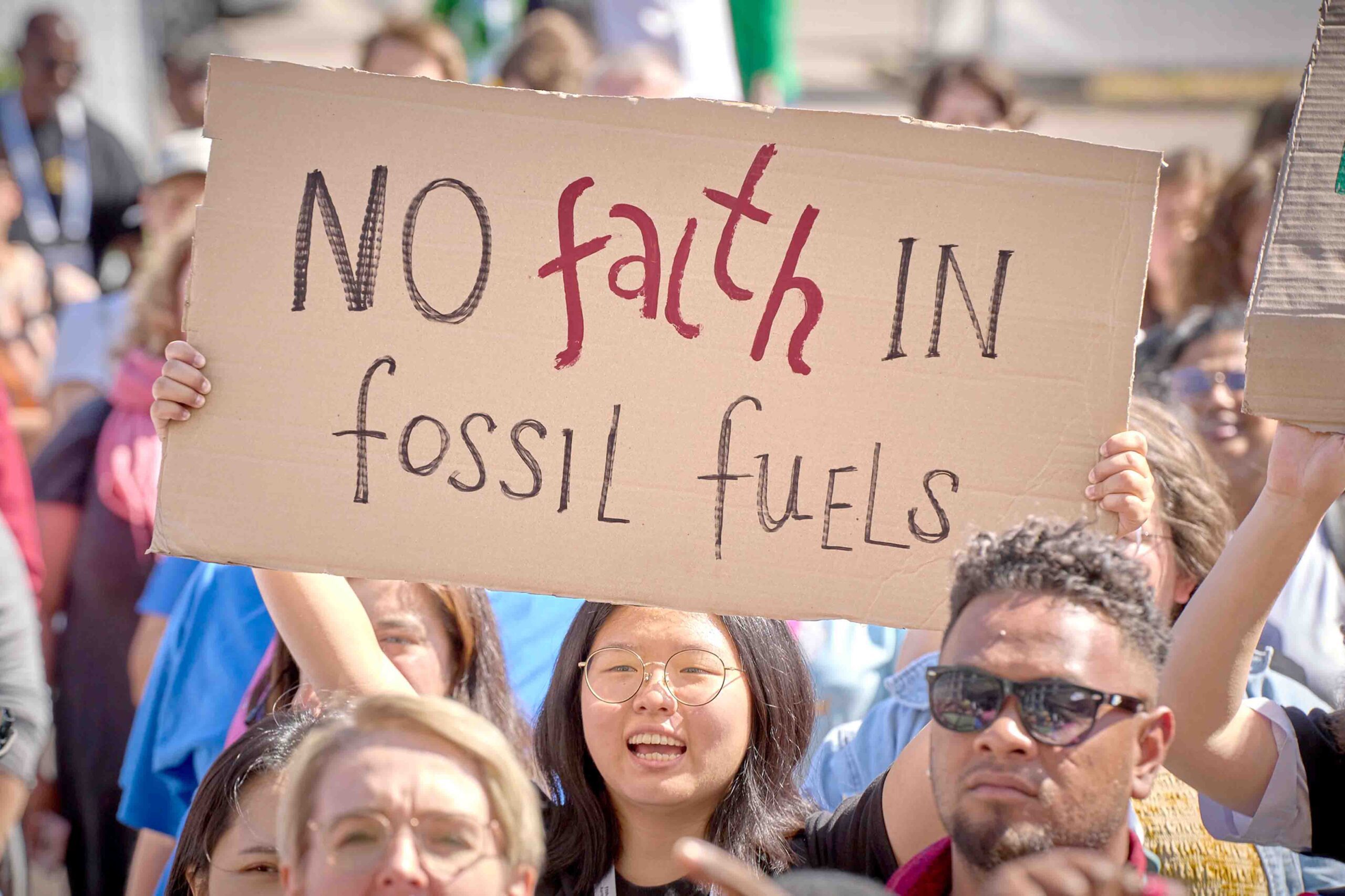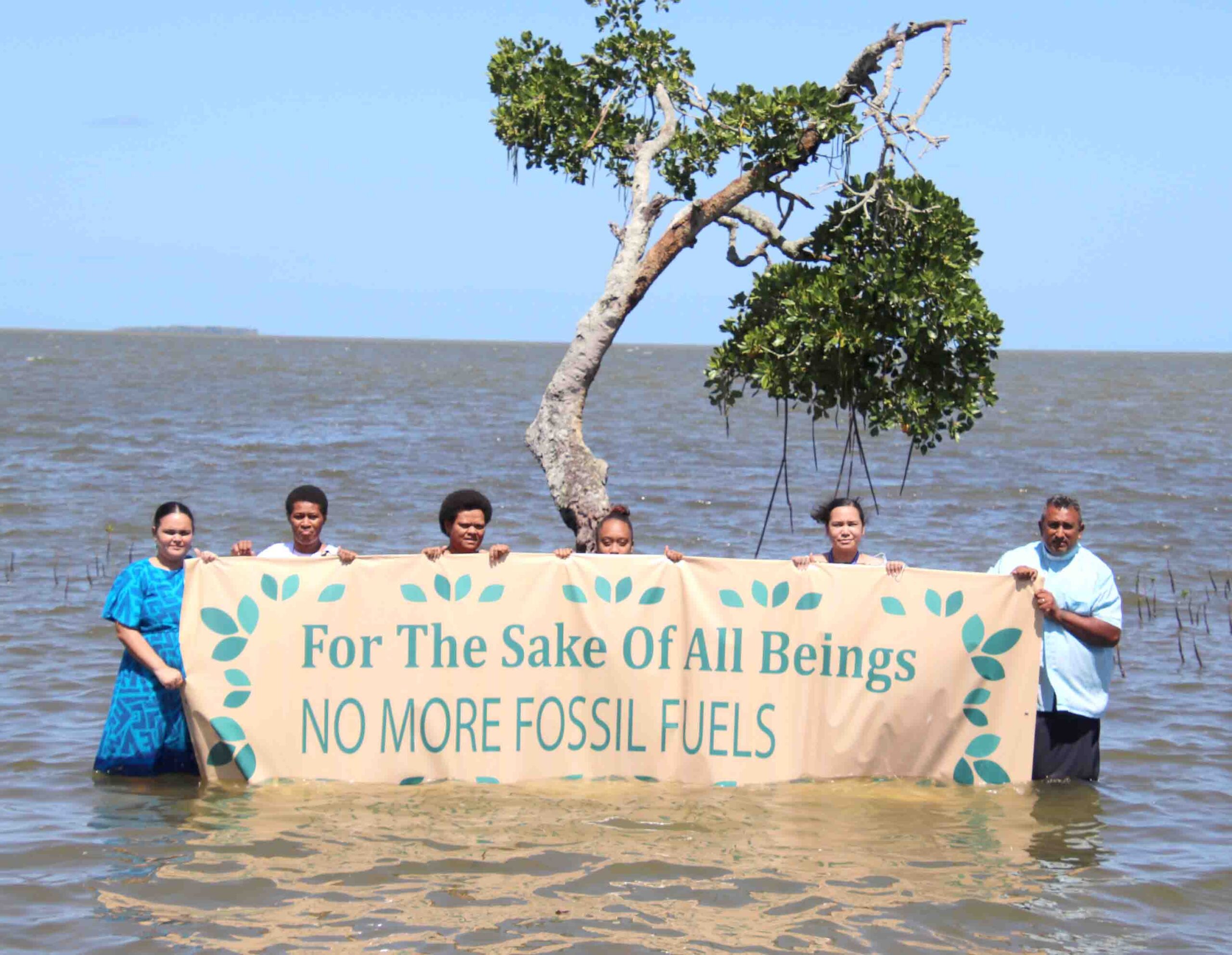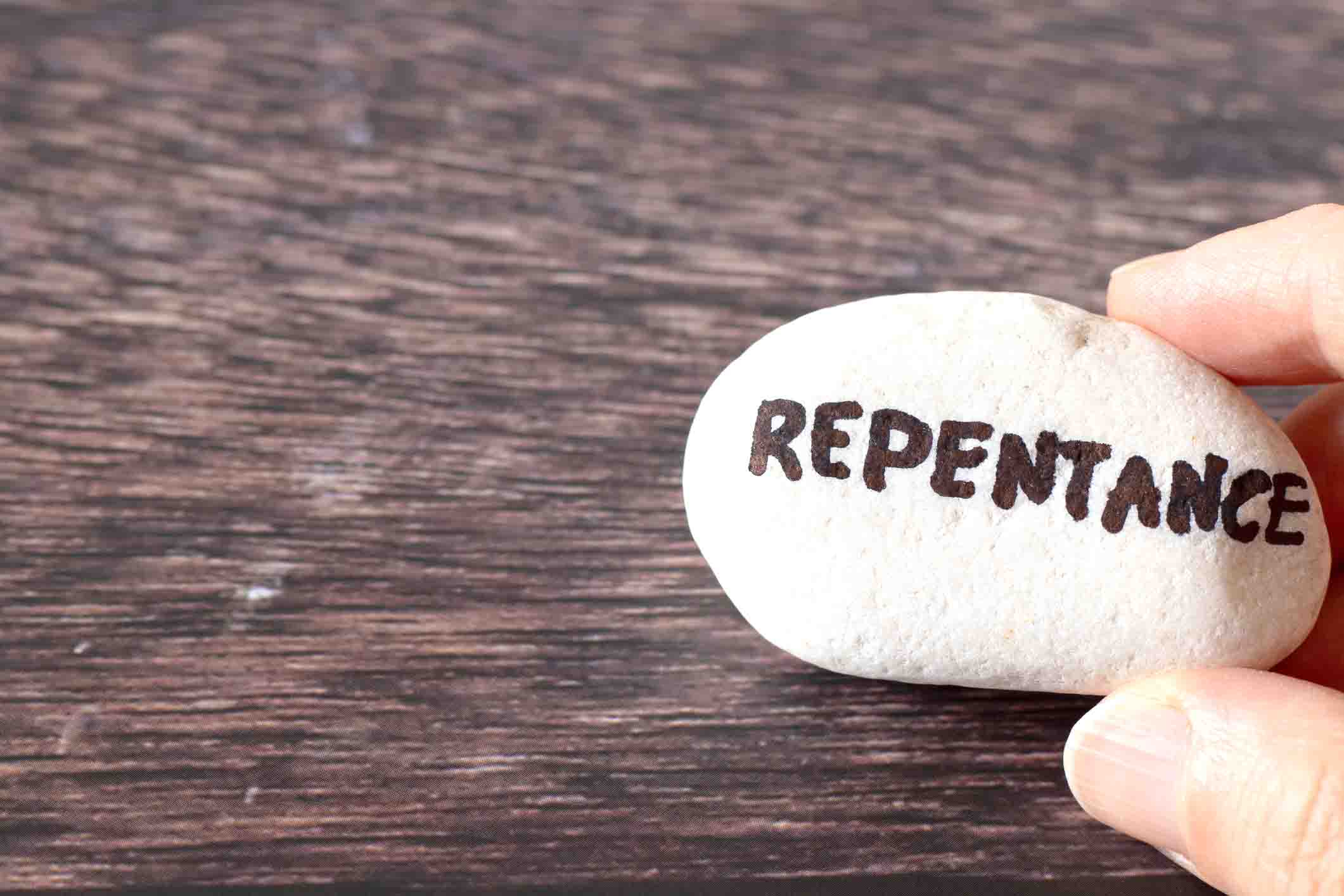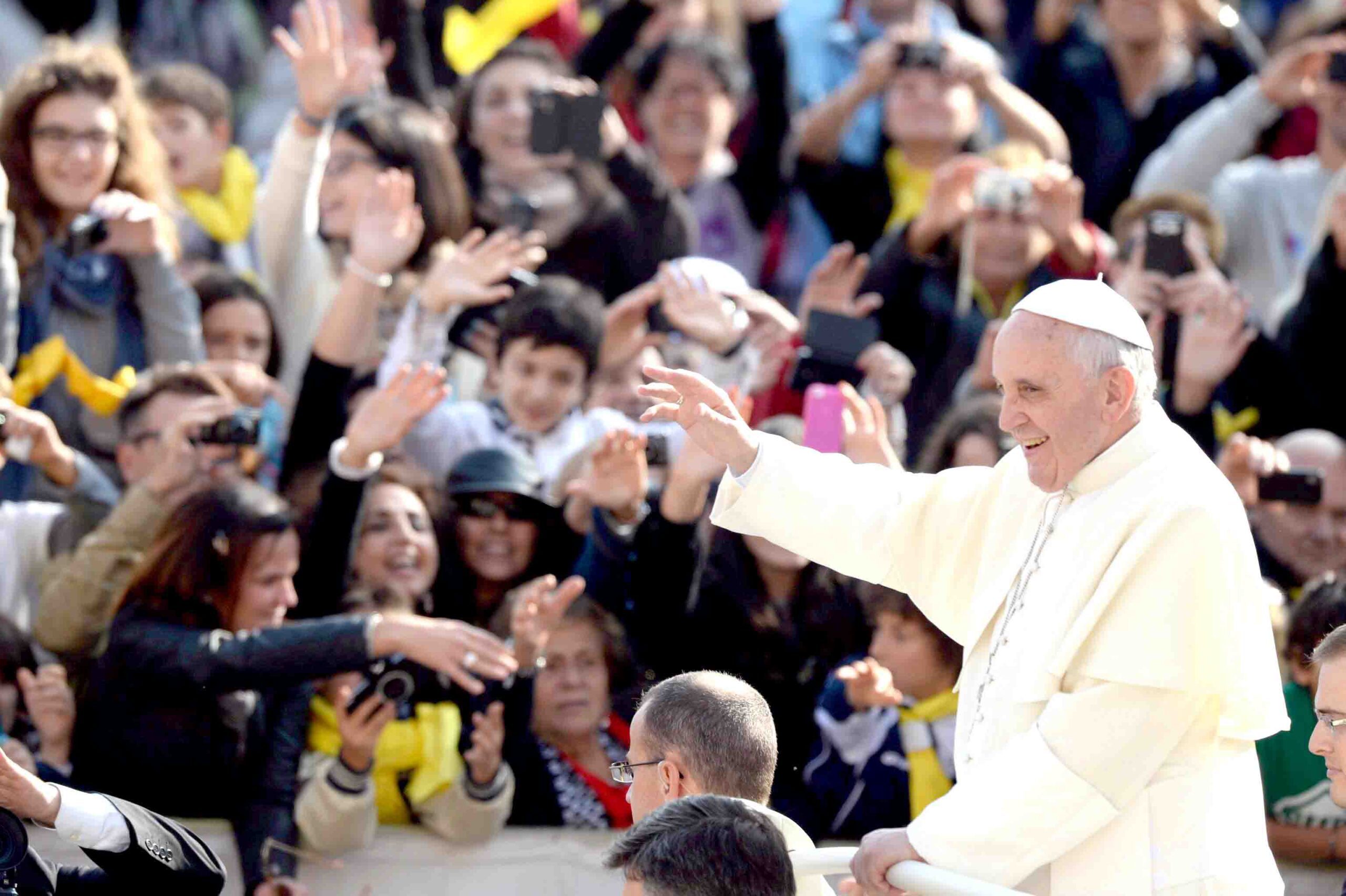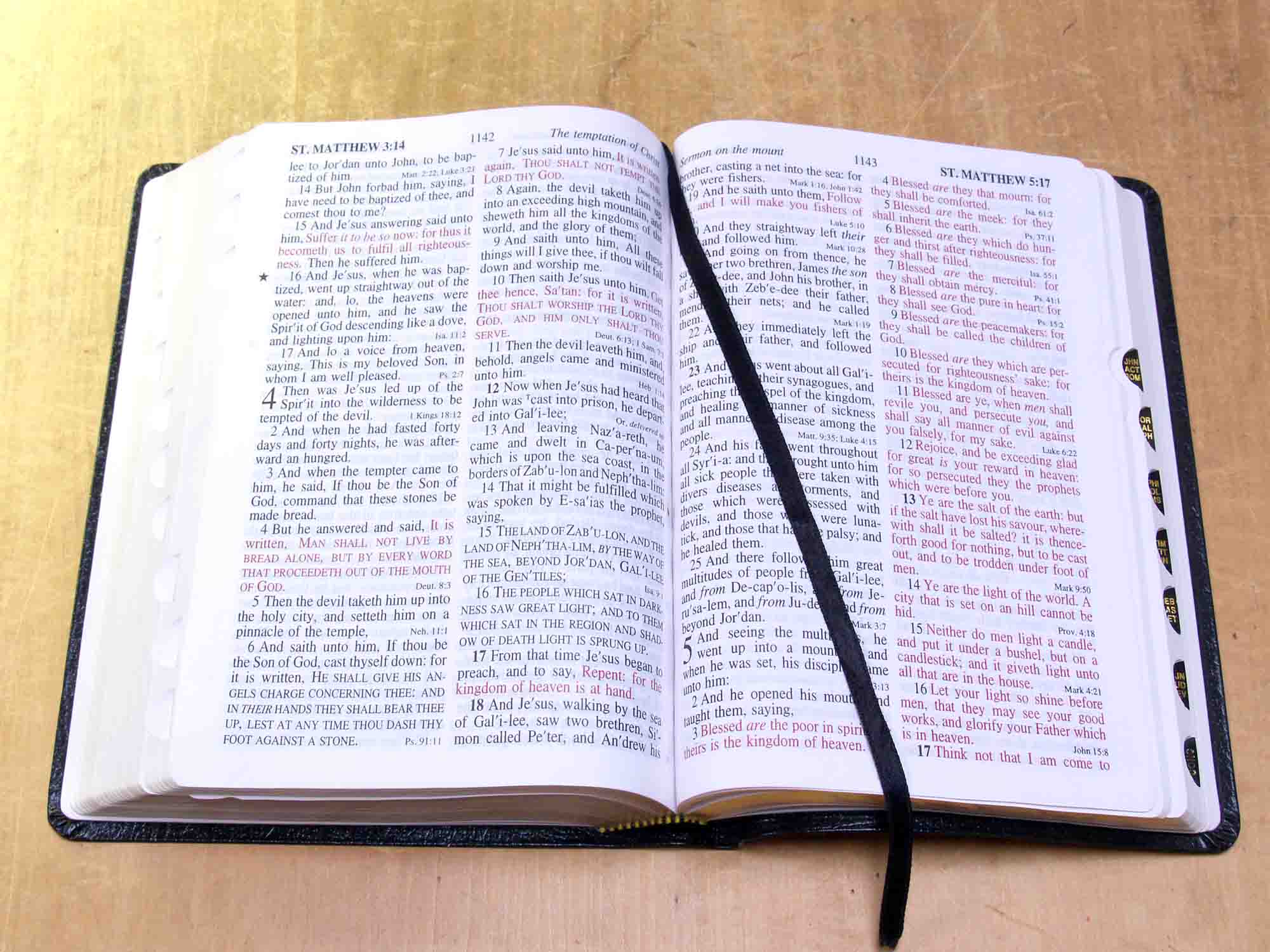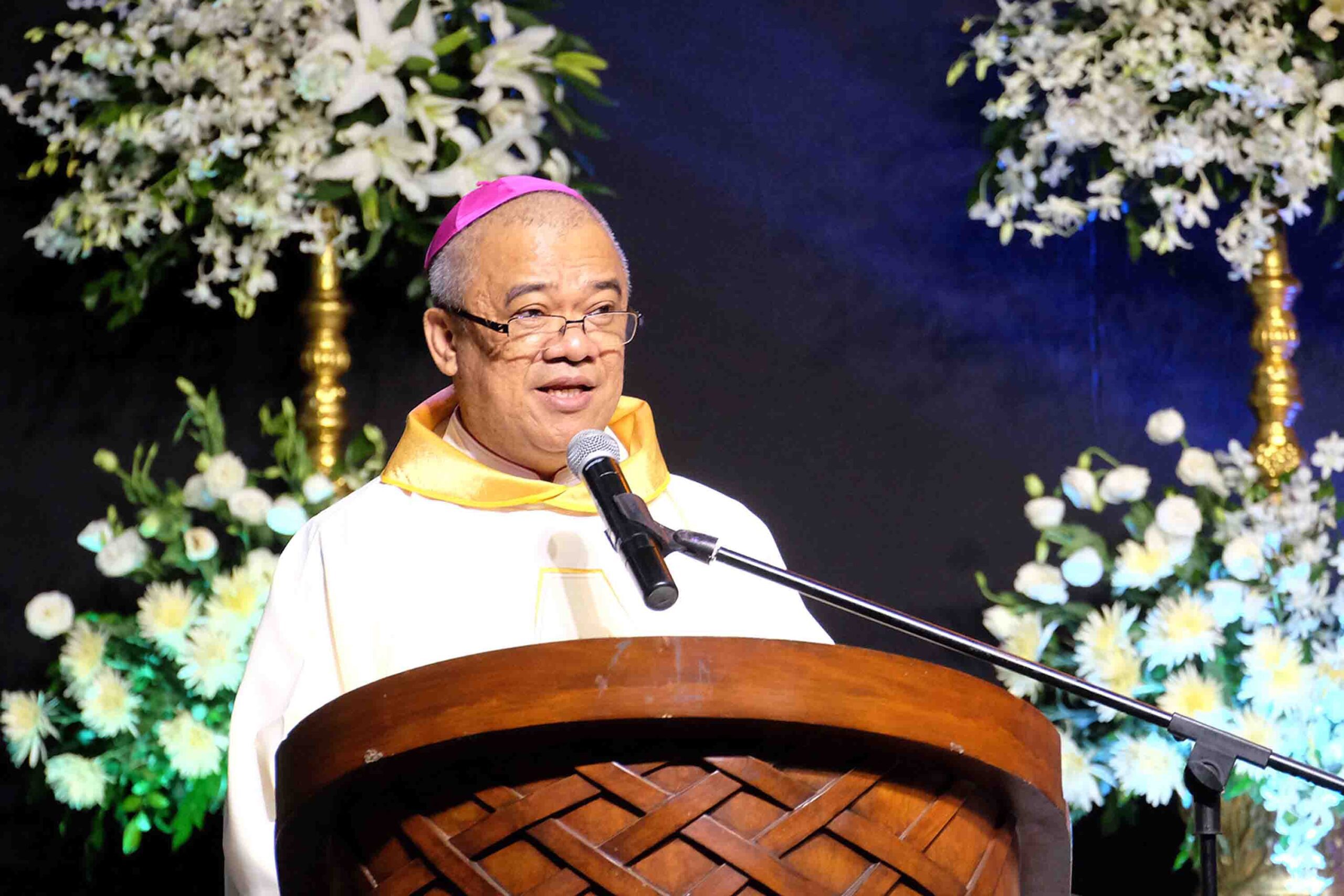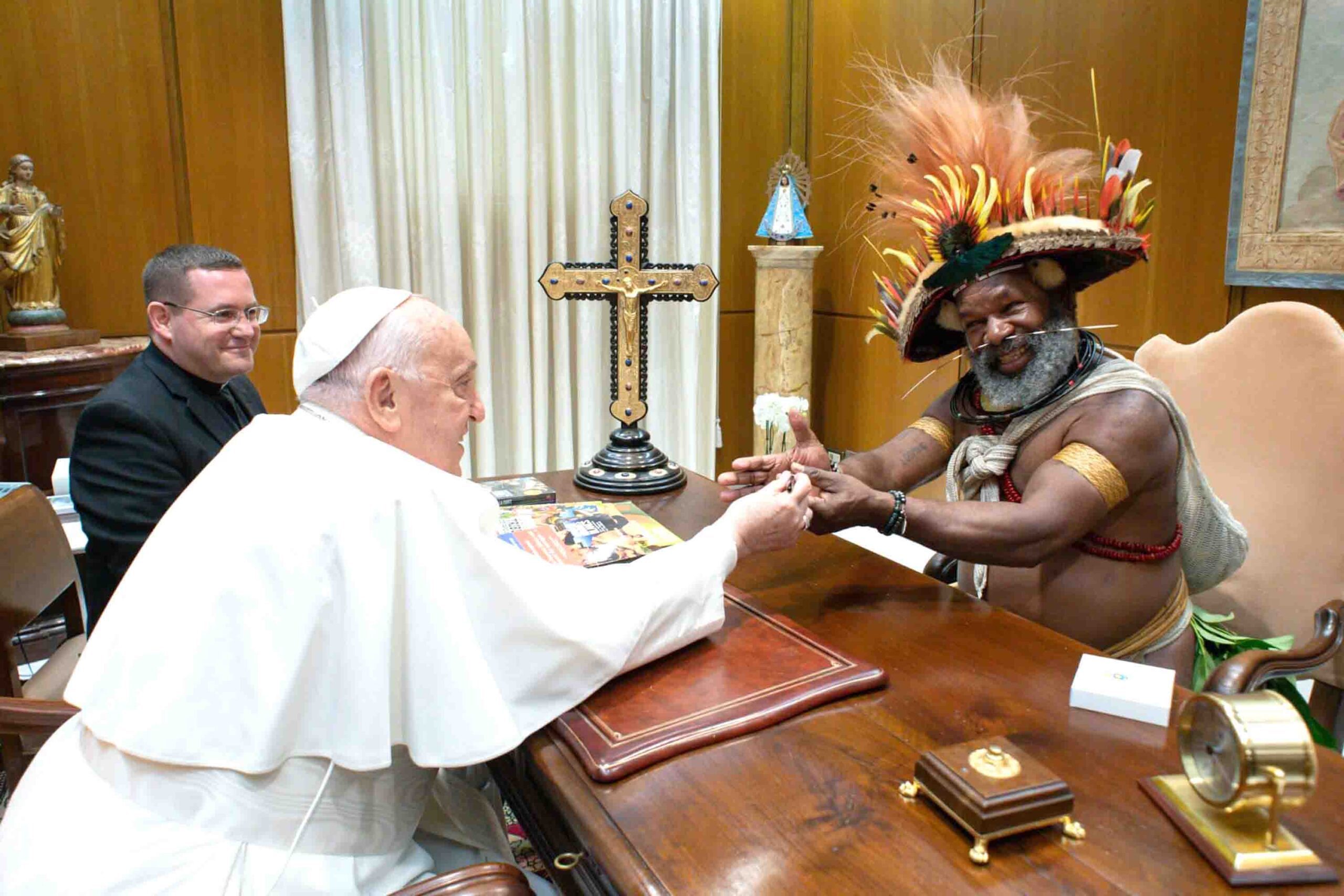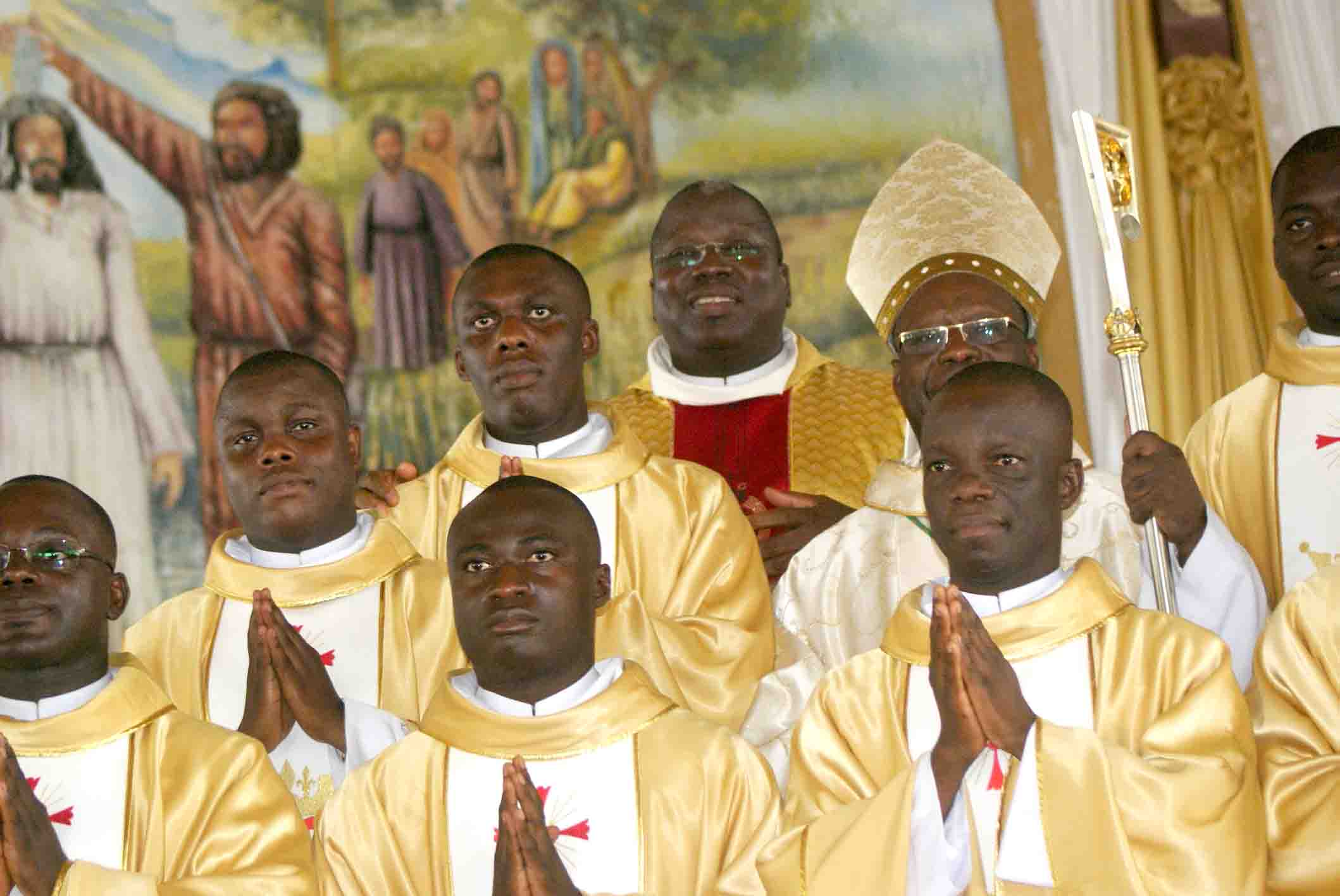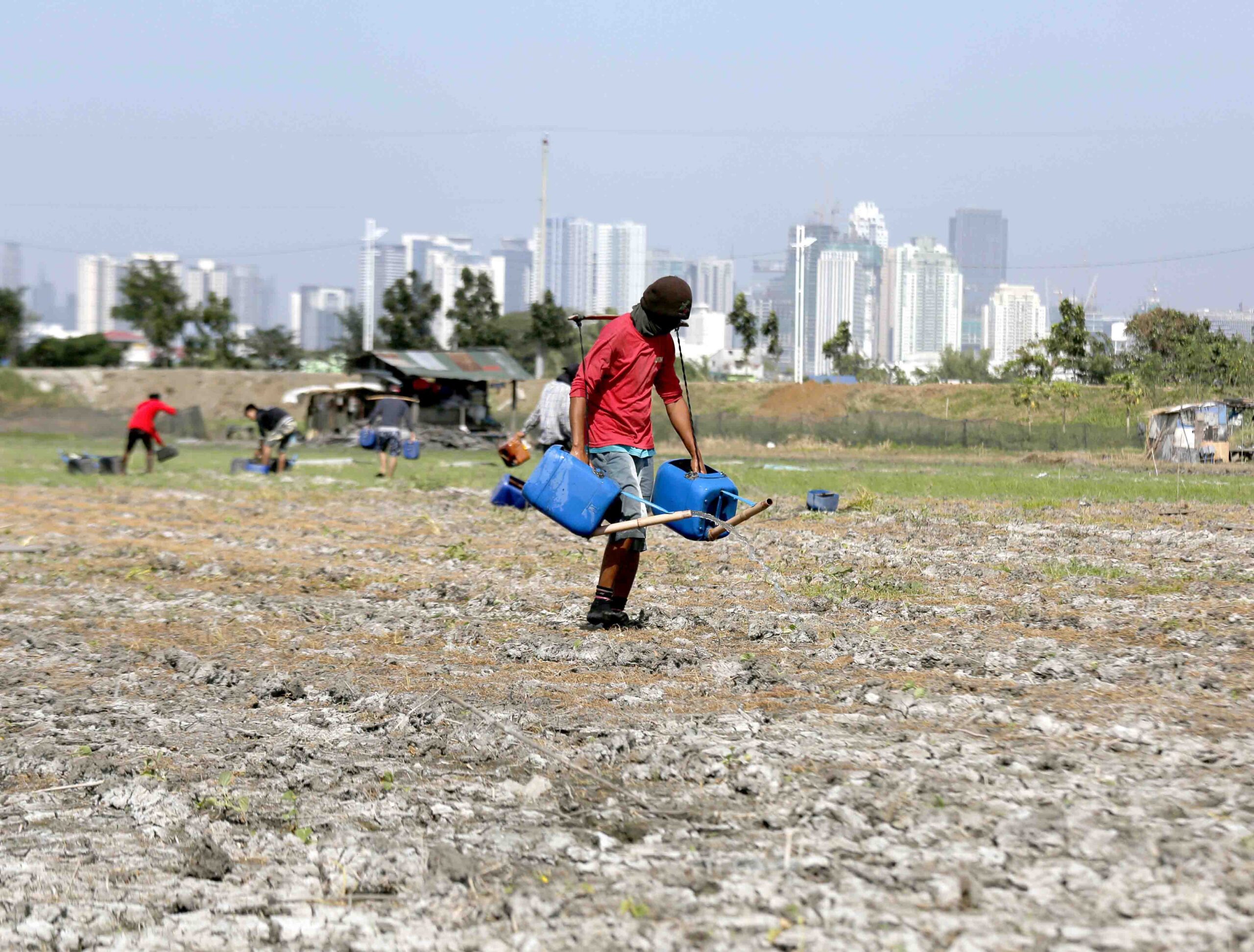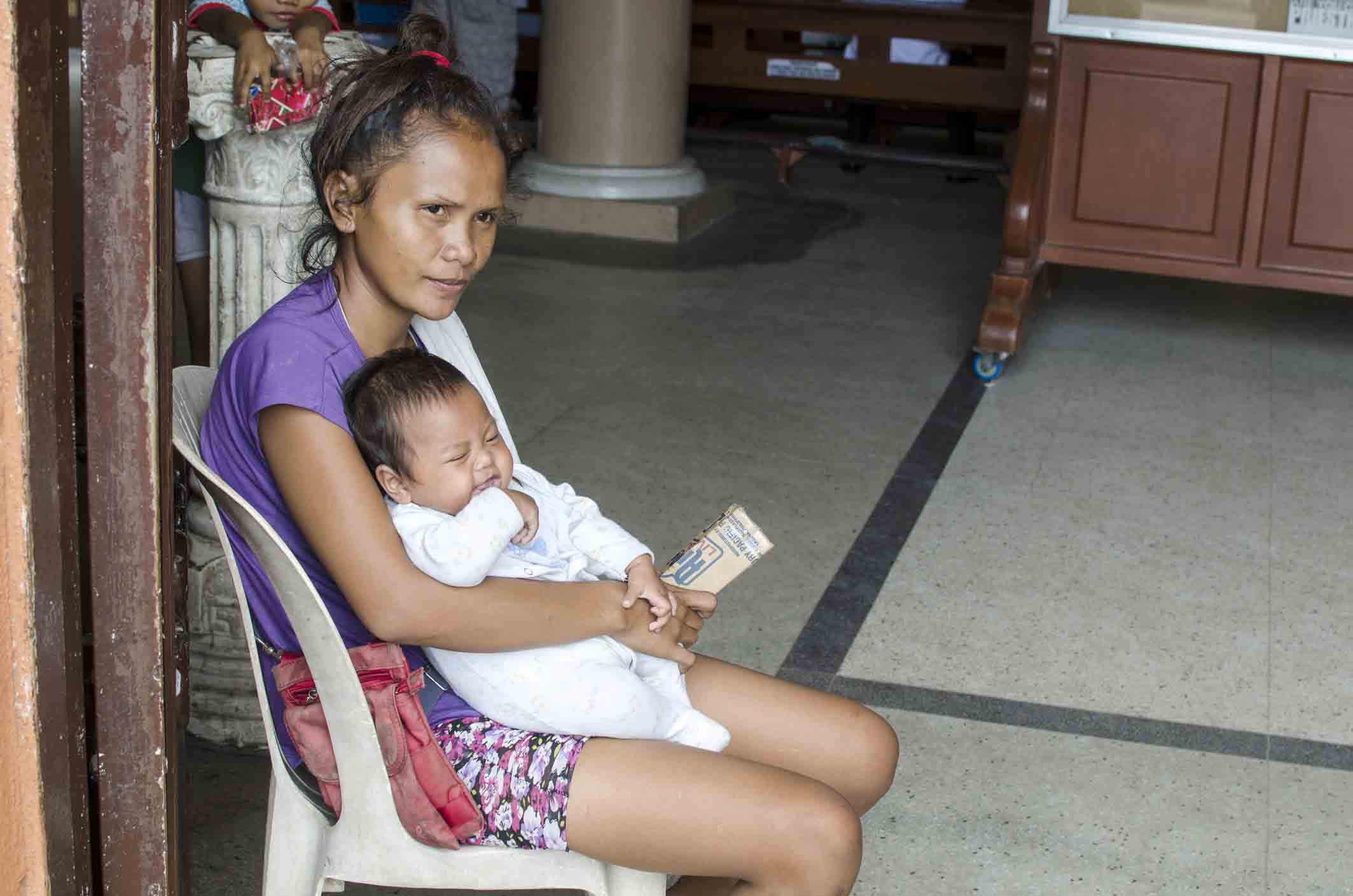The 2024 document Dignitas Infinita is a Catholic social doctrine. It follows the method of the Second Vatican Council: A reading of the signs of the times and their interpretation in the light of the Gospel (Gaudium et Spes, n. 4), the combination of analysis and synthesis, of scrutiny of what bothers us, and discernment to know God’s will in today’s uncertain world.
The first step–SEEING–reads the signs of the times and concludes that human dignity is under threat. Dignitas Infinita repeats with great emphasis the primary Catholic social teaching that poverty is “one of the greatest injustices in the contemporary world” and that war is always a “defeat of humanity” (Dignitas Infinita, n. 36-38). In poverty, human dignity is murdered, and in war, life is murdered. Against life itself, the document mentions abortion, which the Catholic Church has condemned ad infinitum as a “very serious and deplorable” crime against life (n. 47).
DEATH PENALTY
After rich nations have legalized euthanasia and assisted suicide, calling them “ending life with dignity,” the Church, in a loud voice, reminds global citizens that “suffering does not cause the sick to lose their dignity, which is intrinsically and inalienably their own” (n. 51). In a similar tone, the document teaches that death penalty “violates the inalienable dignity of every person, regardless of the circumstances” (n. 34).
Related to the countless violations against human dignity are acts against the integrity of the human person. The document does not fail to mention human trafficking, prostitution, the drug and weapons trade, terrorism, and international organized crime. It includes travail of migrants, discrimination and violence against women, and sexual abuse, mutilation, and the marketing of human organs, all of which are considered vile activities and “a disgrace to our societies that claim to be civilized” (n. 40-45).
The Church wanted to remain relevant in the new millennium. Accordingly, Dignitas Infinita, in consultation with the Scriptures, Tradition, Magisterium, and top-rank moralists, declares that gender-affirming surgery, or the idea that one’s biological sex can be changed, and surrogacy are grave violations of human dignity, putting them on par with those listed above, because they are acts that reject God’s beautiful plan for human life.
Gender Theory is given special attention, asserting that we should avoid any unjust discrimination and aggression against homosexuals and instead provide them with pastoral care. However, the Catholic Church reminds us that gender theory’s prescription of “desiring a personal self-determination… amounts to a concession to the age-old temptation to make oneself God” (n. 57).
Reject all attempts to obscure reference to sexual difference between man and woman, the document urges, and refuse sex change that threatens “the unique dignity the person has received from the moment of conception” (n. 58-60).
The second step–JUDGING or DISCERNMENT–helps us interpret the moral issues in the light of the Gospel and Christian principles.
HUMAN PERSON
If you want a summary of the fundamental Christian principles of human dignity, read the 2024 document. The fundamental Christian principles emanate from Divine Revelation, as expressed in the Book of Genesis, which acquaints us with two important concerns: One, that Adam is the “niño bonito” of YHWH God and the apple of His eyes that God, shown on how He created the first man “in His image and likeness,” imago Dei (Latin), kawangis (Filipino), very much unlike how He created other creatures. And two, that the YHWH Creator breathed into Adam’s nostrils His “breath of life” (immortal soul), making the human person so specially and personally related to the Divine.
By invoking the imago dei principle in Genesis, the Church resolutely reiterates and confirms the “ontological dignity of the human person, created in the image of God and redeemed in Jesus Christ” (n. 1). Thus, human dignity is equal to an inalienable dignity, ever present in the unborn child, an unconscious person, or an older person in distress (n. 9). The Church is telling us: All of us are equal in dignity, regardless of our living conditions (n. 17).
Therefore, it is not correct to prefer the expression “personal dignity” to “human dignity.” It is an outrageous mistake to understand a person as “one who is capable of reasoning” (n. 24). It is absolutely wrong to say that “the unborn child would not have personal dignity, nor would the older person who is dependent upon others, nor would an individual with mental disabilities.”
Au contraire, the Catholic Church insists that the dignity of every human person, precisely because it is intrinsic and inalienable, remains in all circumstances, from conception to death, from the cradle to the grave.
Finally, the third step–ACTING–calls every Christian to defend the image of God in every human person.
Dr. José Mario Bautista Maximiano is the author of the 3-volume work on Church Reforms (Claretian, 2023, 2024, 2025) and the 3-volume work on 500 Years of Christianity in the Philippines (Claretian, 2021, 2022). Email: jomaximiano@gmail.com

